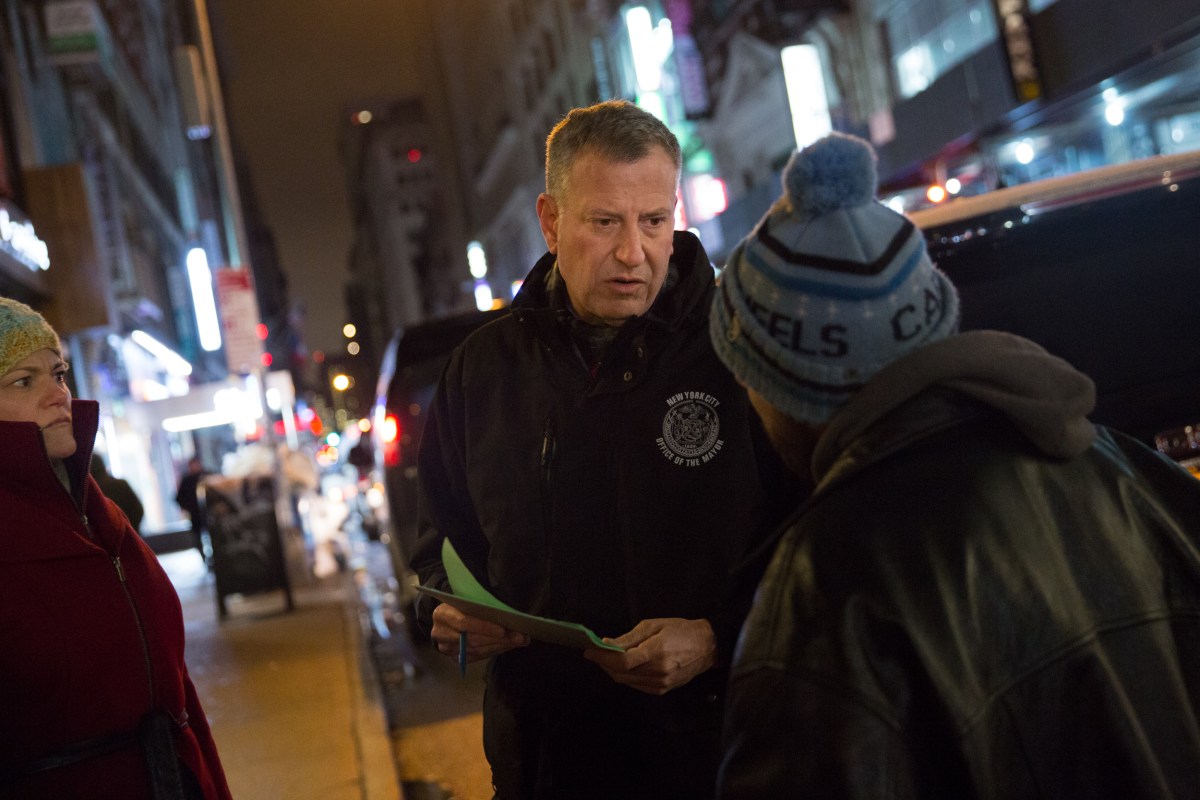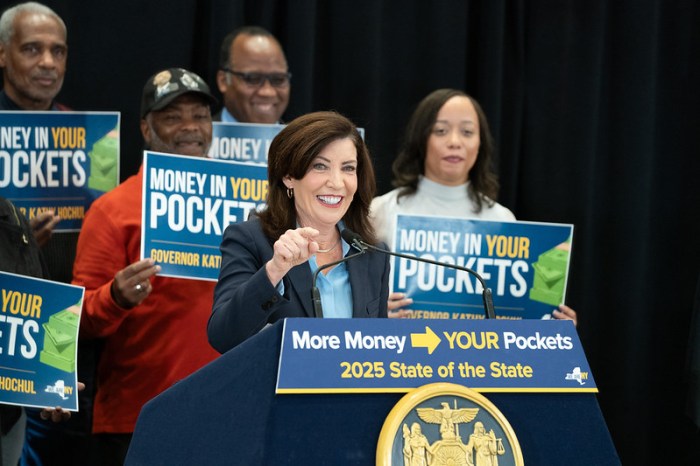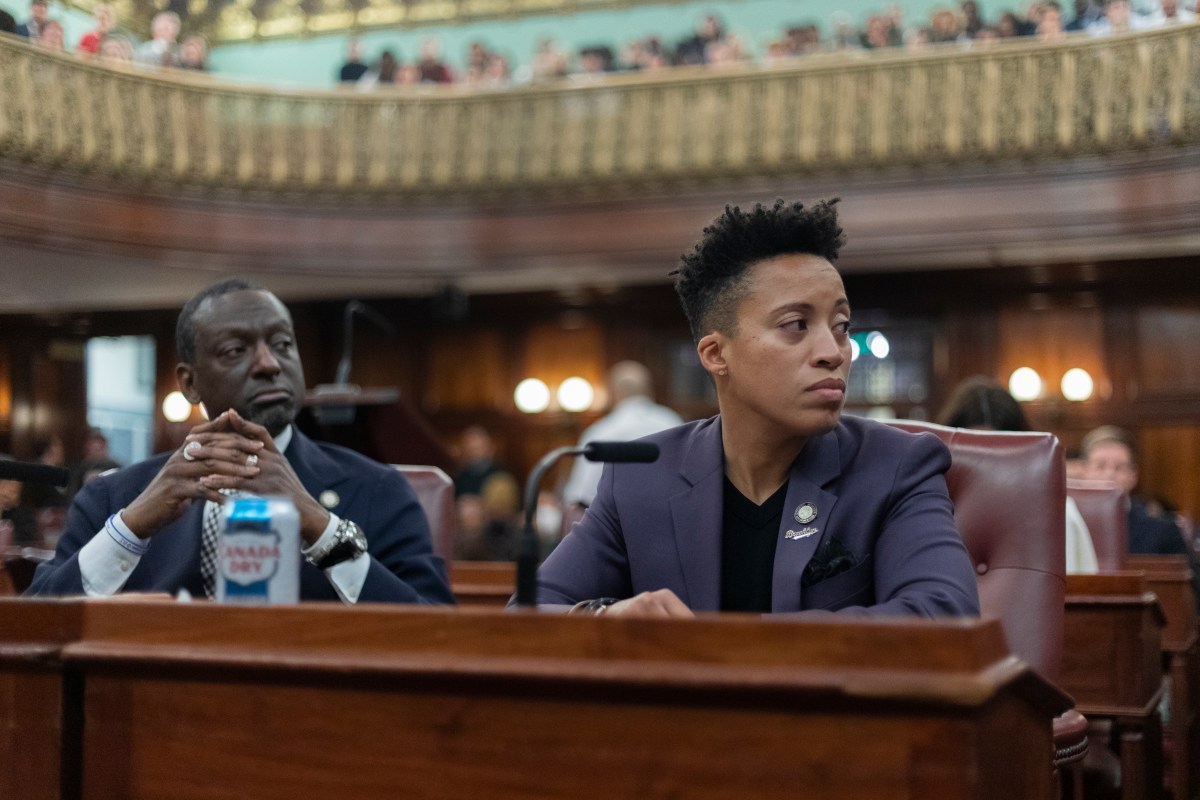Mayor Bill de Blasio announced he would be unveiling a new approach to helping homeless New Yorkers who are on the street long-term.
The plan includes 1,000 “safe haven” beds and an equal number of new low-barrier housing for the estimated 3,600 people living on the streets and subways.
De Blasio claimed that 95 percent of the city’s homeless are currently in shelters. A breakdown of city Department of Homeless Services numbers by Coalition for the Homeless, an advocacy group, place the total homeless population at 62,435, as of September.
The U. S. Department of Housing and Urban Development placed the estimate at 78,604, according to a Wall Street Journal report from October.
According to a mayoral spokesman, these numbers are based on data collected by DHS.
“Homeless New Yorkers are just like us — they deserve our love and compassion and a commitment to go as far as we can to help,” de Blasio said. “So here’s our promise: we will help every last person experiencing long-term homelessness off our streets and we will do more than we ever thought possible to bring them home.”
Coalition for the Homeless offered their own interpretation of the plan in statement that only touched on the use of NYPD to spearhead homeless outreach, instead calling for police resources to be levied toward housing resources.
“We are pleased to see Mayor de Blasio moving toward providing the resources that homeless individuals on the streets actually need: permanent housing and low-threshold shelters. This investment is a critical step toward helping people find safe and permanent housing,” said Giselle Routhier, policy director at Coalition for the Homeless. “The increased reliance on the NYPD to conduct outreach, however, is counterproductive and misguided. The practice of issuing summonses, surveilling homeless individuals, and coercing people to leave the subways with threats of arrest are inhumane and a misuse of police officers’ time.”
The city plans to use medical and behavior health care on the streets through #OutreachNYC which will be monitored by 18,000 employees, according to the administration, including the Street Homelessness Joint Command Center.
The plan will also incorporate faith-based organizations.
The new approach by the de Blasio administration follows a November announcement to fund the efforts of nonprofits to acquire and rehabilitate 14 residential buildings, or 200 units, into permanent affordable housing.
According to the city, the housing will be at former cluster sites, or private housing paid for by the DHS. Cluster sites have come under scrutiny over the years for poor living conditions and Mayor Bill de Blasio has committed to phasing out their use by 2021.
In the units, the administration said residents will have rent-stabilized leases and regulatory protections.






































